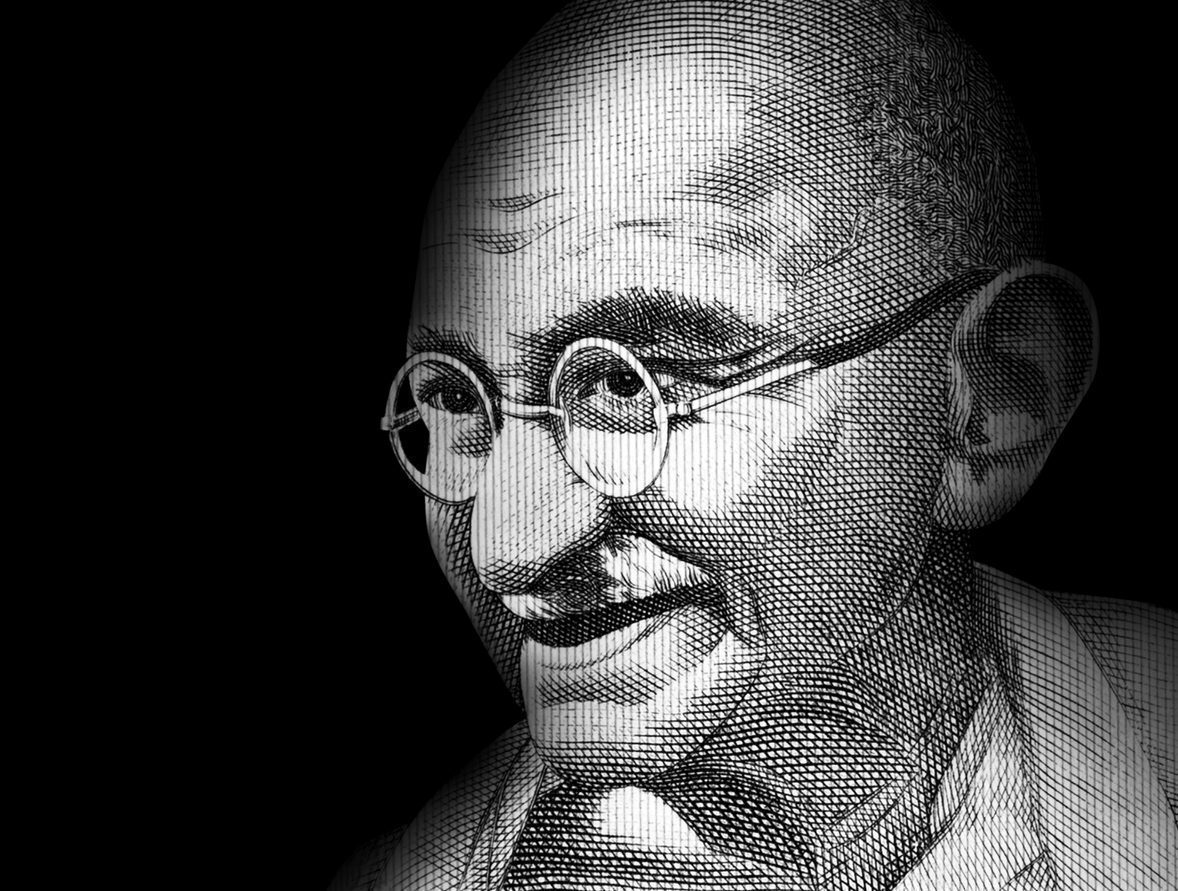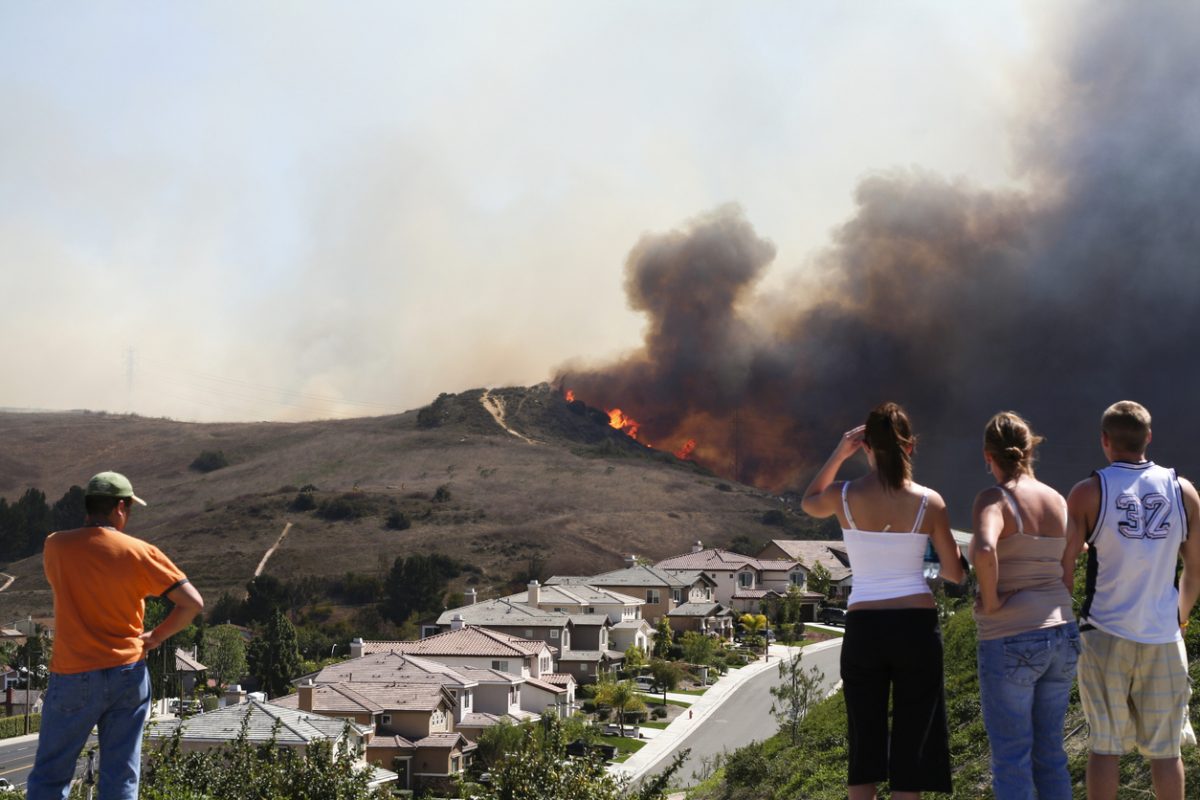
Medical Ethics and Ventilator Allocation During the COVID-19 Pandemic
As of May 20, 2020, there were 4,789,205 confirmed cases of coronavirus disease 2019 (COVID-19) worldwide.1 Severe forms of COVID-19 can lead to acute respiratory distress syndrome and the need for invasive mechanical ventilation.2 The pandemic has raised several ethical dilemmas regarding concerns that the number of available ventilators would exceed demand. As a consequence, clinicians would face impossible decisions about allocating potential treatments and deciding on the ceiling of care for patients with poor prognostic indicators.
Medical Ethics
This approach to ventilator allocation would question key ethical principles for doctors such as justice, beneficence, nonmaleficence, autonomy, disclosure, and social justice.3 Physicians adhere to the fundamental principle of beneficence, which is the action of benefiting patients by sustaining life, treating illness, and relieving pain.3 Nonmaleficence is conceptualized as refraining from harming the patient.3 Autonomy is respecting the rights of patients to determine their medical care.3 Disclosure requires honesty and transparency and is the act of providing adequate and truthful information to patients so they have all the facts necessary to reach a decision.3 Finally, social justice is very relevant to pandemics and described as the fair allocation of medical resources according to clinical need.3
Utilitarian Health Care
These ethical values form the foundation for all clinical decisions and ensure they are made in the person’s best interests. However, health care during the COVID-19 pandemic requires clinicians to deviate from these values and adhere to a utilitarian framework.4 This utilitarian approach takes a stance that the morally right action is the action that produces the most good.5
Individuals with COVID-19 requiring mechanical ventilator support have poorer outcomes, with patient mortality above 80% reported in a study conducted in February 2020.6 The utilitarian nature of public health care policy is based on doing the greatest good for the greatest number of patients. The clinical decisions that follow are still expected to evoke significant moral distress.6 During the peak of the COVID-19 outbreak, certain populations were likely prioritized for ventilator support, including younger patients who would have more life years saved and a better potential for recovery.7 Health care staff and frontline responders with COVID-19 infection also may have been prioritized because of their instrumental value in saving others.7
Clinical decisions during the peak of this pandemic may have included withdrawal and reallocation of ventilators with subsequent palliative extubation in some patents.2 This approach would ultimately challenge a clinician’s core guiding ethical and moral values. Given the unprecedented nature of this crisis, clinicians would have been unprepared for the extent of these challenges. In some physicians, this process may have contributed to the development of a moral injury, which is the ethical and moral suffering that arises from behavior conflicting with one’s personal moral code.8 Moral injury is not classified as a mental illness in diagnostic classification systems, but the phenomenology and manifestation shares some similarity with posttraumatic stress disorder.8
Future Management
The situation of ventilator allocation in both the United States and United Kingdom appears contained at the time of this writing.6 However, as social restrictions are gradually lifted, there may be another resurgence of cases and subsequent escalation in clinical and resource demands. There is a call for adaptive triage protocols,6 which involves using a flexible, transparent, and consistent approach in assisting complex decisions such as ventilator allocation and withdrawal.
Formation of specialist independent multidisciplinary triage teams have been suggested. These teams could safeguard frontline clinicians from the overwhelming emotional burden of these decisions.2,9 The triage body would make these clinical decisions independently. They would consult the patient’s health care team, hospital leadership, and the local ethics committee.2 The body should include various subgroups that advocate for more vulnerable citizens. There should be balanced representation for ethnic minority groups and those of lower socioeconomic status who are likely to be disadvantaged by health inequalities.9,10 These teams should be closely scrutinized to avoid the potential of discriminatory bias when making such life-changing judgements.9,10 Members of the triage team would require tailored psychological support given the degree of responsibility and emotionally demanding nature of their role.6
If these policies are to be implemented, then there is a need for open and honest discussion with patients and families earlier in the admission process. Clinical decisions involving ventilator withdrawal and reallocation are likely to impact the emotional and mental well-being of patients and relatives. Individuals may experience feelings of anger, grief, guilt, and confusion while losing trust in their local health care system.6 Peterson et al6 note that earlier discussions would allow individuals to be aware of this possibility and to have adequate time to prepare psychologically or seek alternative medical treatments if available.
Conclusion
Explicit guidance is required regarding the allocation and provision of medical resources during the COVID-19 pandemic.7 An expert national consensus opinion would be welcomed. The public should be informed and allowed the opportunity to express their views and engage in debate.6 Rationing of constrained resources can impact population morale. There is a need for a fair, consistent, and comprehensive prioritization-based national protocol.
Received: May 20, 2020.
Published online: July 16, 2020.
Potential conflicts of interest: None.
Funding/support: None.
REFERENCES
1.WHO Coronavirus Disease (COVID-19) Dashboard. World Health Organization website. https://covid19.who.int/. Accessed July 6, 2020.
2.Feinstein MM, Niforatos JD, Hyun I, et al. Considerations for ventilator triage during the COVID-19 pandemic [published online ahead of print April 28, 2020]. Lancet Respir Med. PubMed CrossRef
3.Luce JM. Ethical principles in critical care. JAMA. 1990;263(5):696-700. PubMed CrossRef
4.Radbruch L, Knaul FM, de Lima L, et al. The key role of palliative care in response to the COVID-19 tsunami of suffering. Lancet. 2020;395(10235):1467-1469. PubMed CrossRef
5.Driver J. The History of Utilitarianism. Stanford Encyclopedia of Philosophy website. https://plato.stanford.edu/archives/win2014/entries/utilitarianism-history. Accessed July 6, 2020.
6.Peterson A, Largent EA, Karlawish J. Ethics of reallocating ventilators in the COVID-19 pandemic. BMJ. 2020;369:m1828. PubMed
7.Emanuel EJ, Persad G, Upshur R, et al. Fair allocation of scarce medical resources in the time of COVID-19. N Engl J Med. 2020;382(21):2049-2055. PubMed CrossRef
8.Jones E. Moral injury in a context of trauma. Br J Psychiatry. 2020;216(3):127-128. PubMed CrossRef
9.White DB, Lo B. A framework for rationing ventilators and critical care beds during the COVID-19 pandemic. JAMA. 2020;323(18):1773-1774. PubMed CrossRef
10.Brown MJ, Goodwin J. Allocating medical resources in the time of COVID-19. N Engl J Med. 2020;382(22):e79. PubMed CrossRef
aWaltham Forest Older Adults Mental Health Team, North East London Foundation Trust, Red Oak Lodge, London, England
*Corresponding author: Ahmed Saeed Yahya, MRCPsych, North East London NHS Foundation Trust, Waltham Forest Older Adults Mental Health Team, Red Oak Lodge, London, England E11 4HU, UK ([email protected]).
Prim Care Companion CNS Disord 2020;22(4):20com02687
To cite: Yahya AS, Khawaja S. Medical ethics and ventilator allocation during the COVID-19 pandemic. Prim Care Companion CNS Disord. 2020;22(4):20com02687.
To share: https://doi.org/10.4088/PCC.20com02687
© Copyright 2020 Physicians Postgraduate Press, Inc.
Enjoy this premium PDF as part of your membership benefits!




